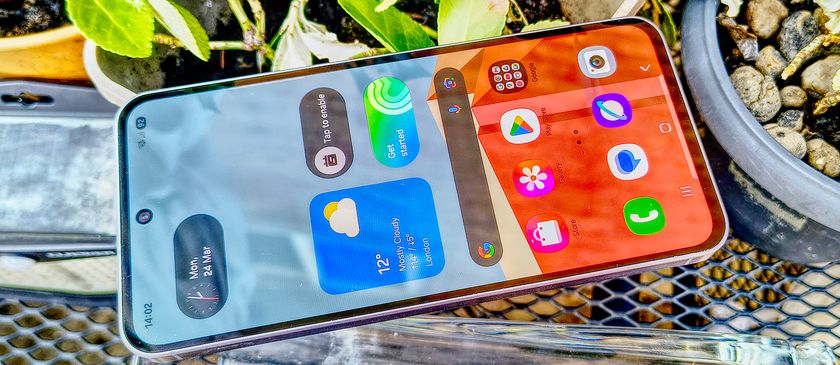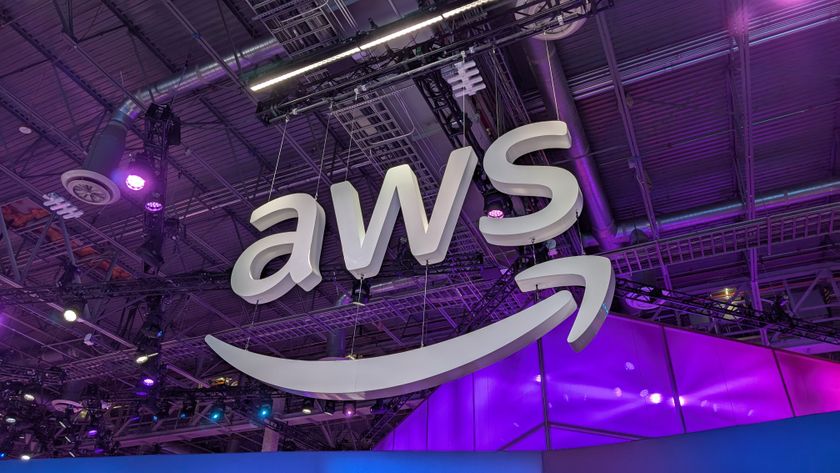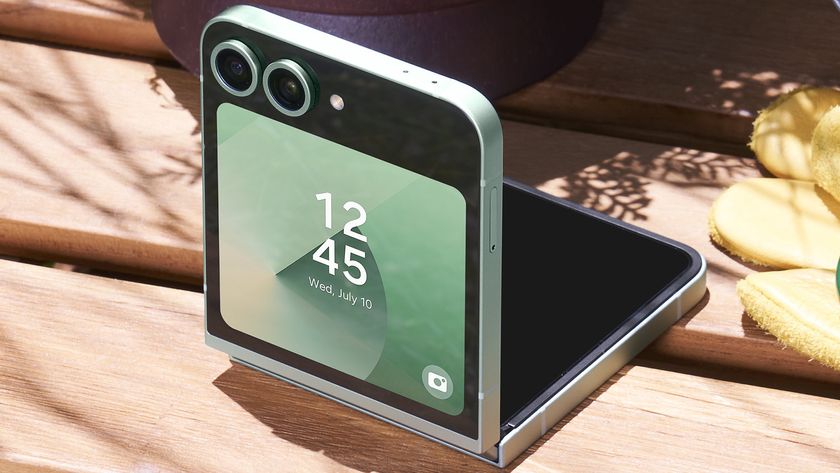
New technologies are enabling workforces to be more responsive and productive, but historically there have been difficulties finding a one-size-fits-all mobility solution that suits every operational need – and that’s because there’s not one. Where consumer-style mobile devices with secure cases work for some industries, others require dedicated technology that serves a specific purpose, and can work no matter the conditions.
At Samsung, we’ve recently commissioned research that found rugged devices, such as rugged smartphones and rugged tablets, are proving to be a popular choice for certain industries looking to equip their workers with the best tools to succeed. Of those surveyed, over half of decision-makers said that they were currently deploying rugged technology and 94% of those admitted to wanting to invest in more tough devices in the future.
These figures represent an impressive advocation for a rugged market that is experiencing a rapid rate of adoption. With resilient devices – smartphones, tablets and wearables designed to operate in harsh environments and conditions – now combining brawn with beauty in the most sophisticated package yet, we look at why more businesses are turning to rugged as a mobility solution.
Reducing the risk
Before delving into the benefits of tough tech, it is critical to understand the importance of deploying an enterprise mobility fleet. From the research, it’s evident that more than four in ten workers regularly use their personal mobile in a professional environment, often for over five hours per day, presenting a series of issues for both business owners and employees.
When we take construction – the industry with the highest personal device use at work (52%) – it is not difficult to identify where the risk comes from. A building site is a precarious place for a consumer device, and those using their own smartphone on-site are at high risk of suffering damage and, ultimately, limiting productivity.
It is for this reason that toughness remains the major pull factor for these devices. Over half (58%) of those using rugged tech said that its durability was the primary benefit, with 84% stating that their performance improved when not having to worry about the device breaking. The modern rugged handset combines the familiarity of a consumer device with the military-grade robustness needed to get the job done; they’re easy to use, hard to break.
The risks are not limited to a cracked screen. By allowing employees to use their own devices, that don’t benefit from company-wide security software, businesses run the risk of opening a gateway for cyber-criminals to hack their network. The financial and reputational implications of a data breach can be devastating, and it is not worth leaving to chance. This was reflected in our results as over half users feel more secure when equipped with a rugged company device compared to when they used their own.
Are you a pro? Subscribe to our newsletter
Sign up to the TechRadar Pro newsletter to get all the top news, opinion, features and guidance your business needs to succeed!
Cost efficiency
Anyone looking to invest in a fleet of rugged devices is undoubtedly thinking long-term. The cost of repairing and maintaining a regular handset on an ad-hoc basis may seem small in isolation, but across a whole mobility fleet the economic expense will undoubtedly build up. Equally, whilst rugged devices were once far more expensive, the price gap between them and consumer devices is shrinking and dramatically reducing the initial up-front costs.
Of those currently deploying rugged tech, 91% claim they have already seen a reduction in long-term costs, with savings made on repairs and replacements the lead economic driver. Additionally, the working time saved by not having to wait for a device to go through repairs contributed to financial benefits for nearly half of respondents. Of those not deploying or using rugged tech, the financial impacts don’t seem to as obvious as one might think. Of those surveyed, 73% non-users said they had never considered the economic benefits of investing in devices that are built to last.
Futureproofing
With many industries accelerating digital transformation projects as a result of recent months, by an average of almost six years in the UK, those investing in new technology are likely doing so with the next decade in mind. This means the hardware they invest in must have the capabilities to stand the test of time and adapt to the developments in technology and innovation.
The 5G revolution is underway and will undoubtedly change the way that businesses operate in the UK. This new era of connectivity will enable concepts such as smart factories and augmented reality to become tangible possibilities across industrial supply chains.
Devices will enable this connectivity. As rugged tech begins to integrate 5G capability over the coming years, we will see a hardware solution that enables businesses to both maximize the lifespan of their mobile fleet and lay the foundations for success in a new era. This is an ethos that was reflected in respondent attitudes, as almost two-thirds (60%) of respondents believe that rugged tech will become imperative for their industry in the next two years and 61% stating that tougher devices will form a vital part of the 5G revolution.
Perfecting rugged
For businesses to experience the full range of benefits discussed above, device manufacturers must use their expertise to create devices that match the needs of their customers. As hard as they are to break, they must also be easy to use.
The rugged devices of 2020 no longer resemble the bulky handsets that were initially emblematic of the category. The modern devices strike the balance between functionality and accessibility. They offer the best protection against the elements while delivering a host of innovative features – such as barcode scanning, point-of-sale software and push-to-talk capability – that allow businesses to invest in one multi-functional handset instead of multiple specialist pieces, and enable frontline workers to get the job done with the ease and familiarity of a consumer device.
By presenting workers with a device that resembles their personal smartphone or tablet, businesses minimize the adaptation period that can often be a by-product of digitization. Employees can immediately feel the benefits of new devices, maximizing productivity to focus on building our homes, patrolling our streets and making those crucial deliveries.
- Joe Walsh, director of B2B at Samsung UK & Ireland.
- We've featured the best business tablets.
Joe Walsh, Director of B2B at Samsung Electronics UK and Ireland.











